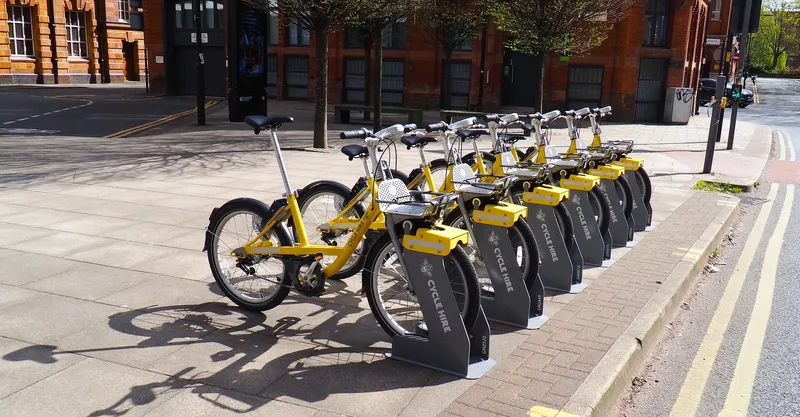Global Traffic Technologies (GTT) has been awarded supplier status for its traffic pre-emption solutions on the UK Government’s Crown Commercial Service Traffic Management 2 (TMT2) framework agreement. TMT2 provides public sector customers with access to traffic management solutions.
The framework aims to deliver local, regional and national traffic management technologies through a qualified supply chain, ensuring reliability and resilience. TMT2 allows direct and standardised procurement of small compo
December 16, 2016
Read time: 1 min
The framework aims to deliver local, regional and national traffic management technologies through a qualified supply chain, ensuring reliability and resilience. TMT2 allows direct and standardised procurement of small components through to large, complex systems. It was developed to create a competitive and fast route to market for the provision of traffic management solutions, by streamlining procurement processes and increasing the number and selection of suppliers.
Global Traffic Technologies’ Opticom systems work with traffic signals to provide emergency and public transportation vehicles with priority green lights at intersections. These can help get an ambulance, fire engine or police car to the scene of an incident quickly and safely, or reduce delays and increase efficiencies in bus services.











